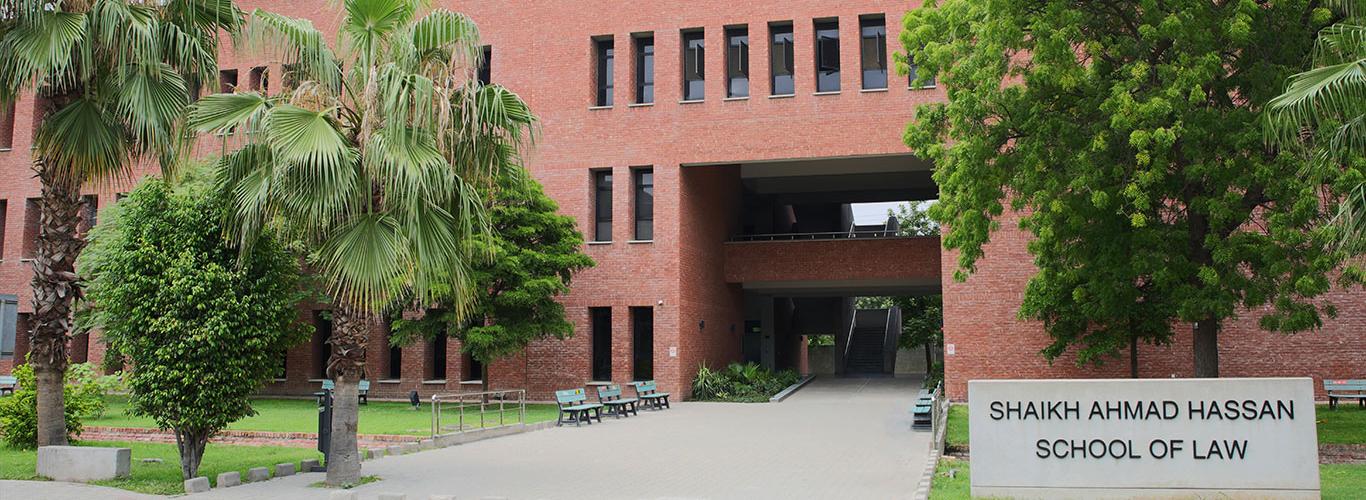CCLS Holds Virtual Conference on China's Environmental Policymaking
On Thursday, October 14, the Centre for Chinese Legal Studies (CCLS) at the Shaikh Ahmad Hassan School of Law (SAHSOL), organised a virtual conference ‘China and the Environment: Lessons for Pakistan.’ Speakers included Associate Professor, Dr. Khalid Mir; renowned environmental lawyer and activist, Mr. Ahmad Rafay Alam and Head of the Department, SAHSOL, Professor Uzair Kayani. The conference was moderated by the Director of CCLS, Professor Sikander Shah.
The conference highlighted how Chinese activities impact the global environment and the lessons Pakistan can gather from China’s current environmental governance model. Professor Mir presented a theoretical side to the discussion by delineating the environmental catastrophes faced by the world today. He insisted that a mere economic analysis is insufficient, and an exclusive focus on economic theory, capitalism, GDP and income will not yield answers. He also argued for the need of incorporating legal, economic, scientific, political, and ethical dimensions while discussing any policy directives to address climate change.
Mr. Alam discussed the practical implications of the existential threat posed by climate change and China's environmental policymaking. He remarked that the air quality index (AQI) in Beijing compelled Chinese policymakers to take concrete steps to mitigate air pollution. He raised critical points on Chinese environmental planning by sharing the presentation of Mr. Ma Jun, former Chief Economist at the People's Bank of China. The prominent takeaways of his discussion were effective contextual research, depoliticised environmental plans beyond election cycles, capturing private sector finances, and ensuring financial system and sustainability compatibility in Pakistan.
He reasserted the need to question the unaccountability of the current economic framework that relies on accumulation and exploitation of resources, and emphasised the need to raise ethical questions to prevent any future civilisational collapse driven by climate change.
Professor Kayani presented the recent findings of the International Energy Agency (IEA) on China’s carbon emissions, accounting for a quarter of global emissions due to its heavy reliance on fossil fuels. He discussed that the environmental policy laid out in the 14th Five Year Plan of China offers more hopeful projections, as the service-based economy is thriving, and the Chinese government has strengthened its resolve to reach peak emissions by 2030 and go carbon-neutral by 2060. He also suggested looking beyond the stigma associated with nuclear energy and exploring the responsible utilisation of nuclear energy as climate change grows into an immediate existential threat to sentient beings.
Professor Sikander Shah thanked the speakers and the audience for their participation and concluded the conference by reiterating the drivers of climate change.























